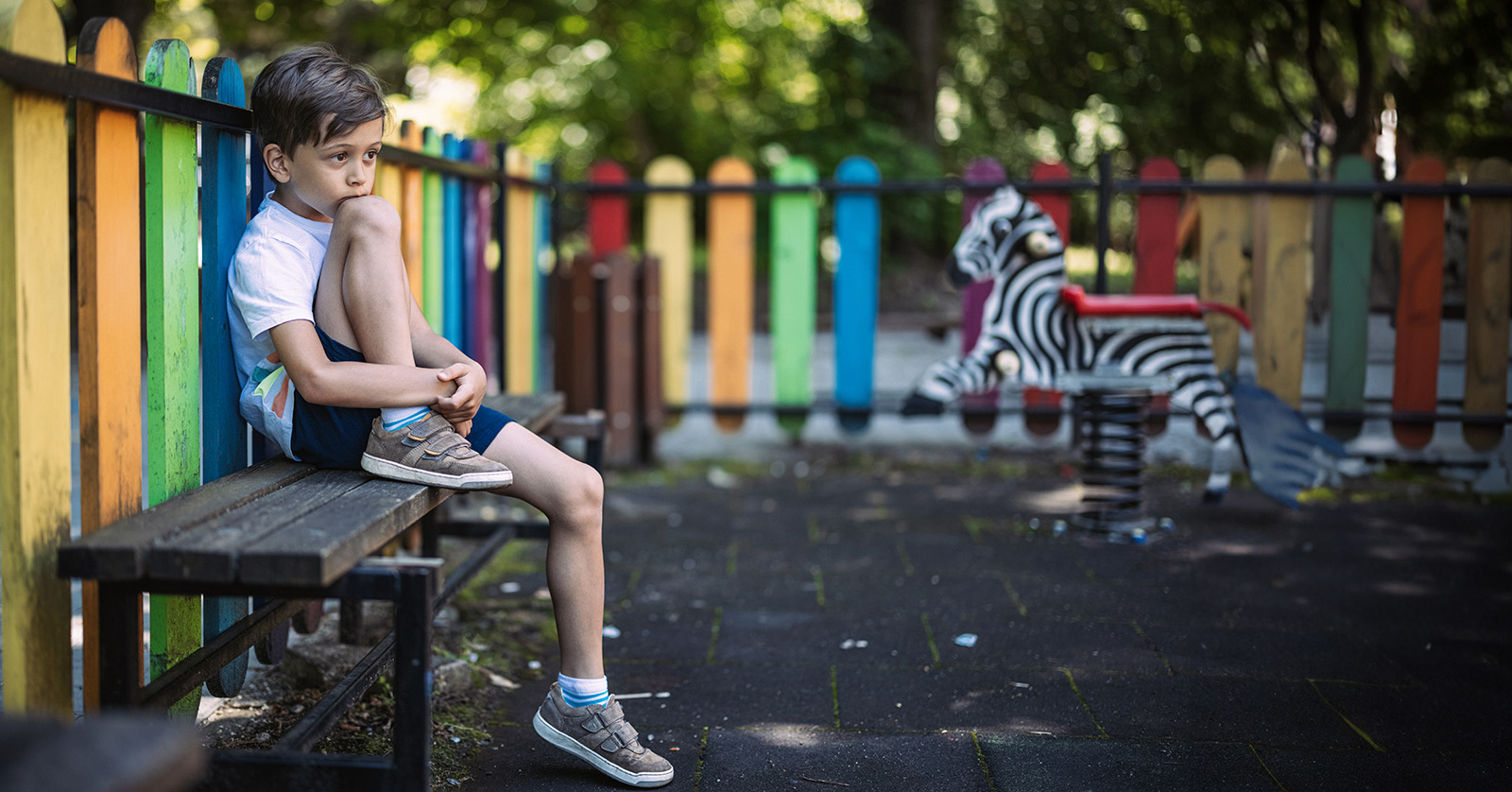
Children exposed to early life adversity scored lower on neurological and cognitive tests than children who experienced minimal or no adversity, suggests an analysis by researchers at the Eunice Kennedy Shriver National Institute of Child Health and Human Development (NICHD). The authors called for further studies to develop interventions protecting children from the potential neurological effects of adversity.
The study was conducted by Jing Yu, Ph.D., and colleagues in NICHD’s Division of Population Health Research. It appears in JAMA Pediatrics.
Background
Previous studies have linked adverse childhood experiences with a higher risk of health problems, substance use disorders, and mental illness. Other research suggests that these long-term problems could potentially result from the stresses that adverse childhood experiences place on children’s developing nervous systems.
Results
The study authors examined patterns of adverse experiences because children may be exposed to multiple adverse experiences at the same time. The team analyzed data from a study of nearly 50,000 children whose mothers were enrolled during pregnancy. They classified the children according to their exposure to 12 adverse childhood experiences occurring between birth and 7 years of age.
The groupings were low exposure to adversity, parental harshness (using physical actions to discipline a child, making critical and derogatory remarks about the child), and neglect; parental divorce or separation and poverty; family instability (two or more marital changes); family loss, instability, and poverty (loss of a parent or sibling, being in foster care, frequent moves, etc.), and living in crowded housing and poverty.
Compared to children with low exposure to adversity, children in all the other groups generally scored lower on tests of visual-motor and sensory-motor skills, listening-vocal skills, intelligence, and academic achievement. In particular, children exposed to crowded housing and poverty had the lowest scores on a test of sensory-motor skills and a test of listening and vocal functioning. Children in the family loss, instability, and poverty group had the lowest intelligence and arithmetic achievement scores.
Significance
The authors said the findings suggest that adverse childhood experiences are associated with substantially lower neurocognitive function in young children. They added that the results are concerning because many of the neurocognitive deficits observed among children can have long-term implications for educational success in adulthood and for social and emotional wellbeing.
Next Steps
They called for additional research to help children exposed to adversity overcome its potential effects.
Reference
Yu, J, et al. Patterns of adverse childhood experiences and neurocognitive development. JAMA Pediatrics. 2024.

 BACK TO TOP
BACK TO TOP